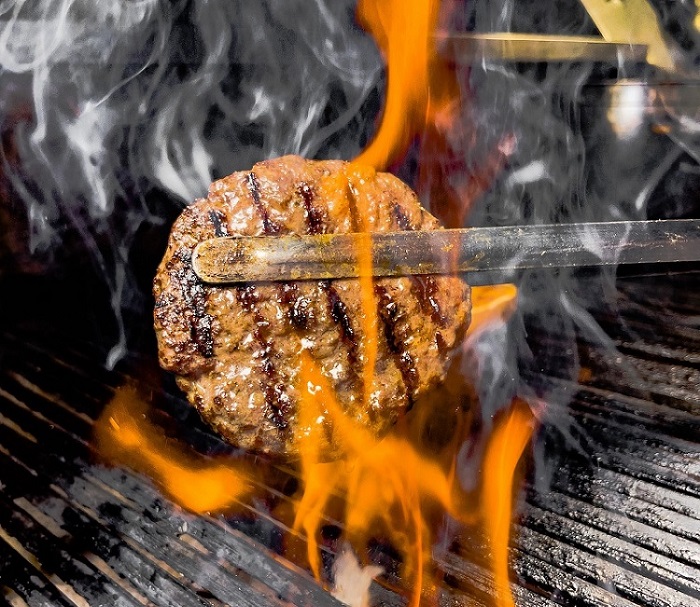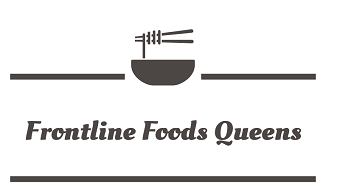Grilling is a beloved pastime, but it can also come with its challenges, such as grease fire on the grill. Ever wonder how to put out a grease fire on a grill? Don’t panic; read on for steps you can take to extinguish it quickly and safely.
Even though a grease fire is unexpected, with the right knowledge, you can handle it like a pro. for some quick and easy tips. With a little bit of preparation, you can keep your grill fires under control and enjoy your cookout to the fullest.

5 Safe Methods To Put Out A Grease Fire On A Grill
Grilling is a beloved summer pastime, but unfortunately, grease fires on grills are a common occurrence. According to research by National Fire Protection Association, there are more than 10,000 home fires caused by grills each year, with July being the peak month for incidents. But don’t let a grill fire ruin your day – there are several steps you can take to safely extinguish a grease fire.
First and foremost, never use water to put out a grease fire. Water and oil don’t mix, and throwing water on a grill fire can actually make the flames worse.
If a grease fire does occur, the best way to put it out is to close the metal lid (or cookie sheet) and any grill vents to starve the fire of oxygen. This can help extinguish the fire quickly and prevent any further damage.
If the fire is caused by burning meat fat, move the food to the edge of the grill where there are no flames.
Another helpful tip is to use baking soda or salt to smother the flames. Simply remove the food from the grill and sprinkle the baking soda or salt over the small fire.
Always have a fire extinguisher nearby, and if the fire becomes too intense to handle, leave the area and call the local fire department for assistance.
Pro-Tip: While having a fire extinguisher on hand is an important safety precaution, it should be used only as a last resort. The use of a fire extinguisher can potentially ruin your grill and make it unusable.
And if the propane tank becomes involved in the fire, or if the fire spreads out of control, evacuate the area immediately and call the fire department. With these tips in mind, you’ll be prepared to handle a grill fire safely and effectively.
Pro-Tips On Preventing Grease Fires And Flare-ups On A Grill
Grilling is a great way to enjoy delicious food outdoors, but it also comes with certain risks. One of the biggest concerns when grilling is the risk of grease fires and flare-ups. Here are some pro-tips to help you avoid these dangerous situations and enjoy a safe and enjoyable grilling experience.
Clean Grill Grates
Before you start grilling, make sure that your grill grates are clean. Any remnants of previous cooking can cause your food to stick and increase the risk of fires. Use a grill brush and water to thoroughly clean the grates, and review the grill’s manufacturing instructions to ensure that you’re cleaning all the appropriate parts. Not only does this keep your grill looking and performing its best, but it also helps prevent grease fires from occurring.
Before lighting your propane grill, it is crucial to ensure that there are no gas leaks. Checking the gas lines for any visible signs of damage or leakage can prevent dangerous situations from occurring.
Heat The Grill Grates
To avoid grease fires, it is important to heat your gas grill to the maximum temperature before you start cooking. This will prevent the food from sticking and help it cook more evenly.
Turn Off The Gas And Leave The Lid Open
Cooking with a grill can be a great way to enjoy delicious food, but it is important to be aware of the potential dangers of grease buildup in the fire box area around the grill’s burners. While the panel design of a grill should channel grease to the grease tray or pan, sometimes heated grease may not drain properly, which can lead to a fire.
If you notice that grease has accumulated around the burners and you can safely do so, turn off the gas and leave the lid open to allow the grease to burn off. This will help prevent a fire from occurring, and keep you and your family safe while enjoying your meal. It is also important to regularly clean your grill and check for any accumulation of grease to prevent any fire hazards.
Prepare Everything Before You Start Grilling
Once you’ve started cooking, your focus should be on the food. Make sure you have everything you need, including a cell phone, extinguisher, gloves, baking soda, sand or kosher salt, and any other necessary items.
Control The Grill’s Temperature
Keep a close eye on the temperature of your grill, and add fuel as needed to maintain the desired temperature.
Oil The Food, Not The Grates
Oiling the grates can increase the risk of flare-ups and fires. Instead, oil your food before you grill it to help it cook more evenly.
Never Leave Your Grill Unattended While Cooking
Cooking with a charcoal grill can be a great way to enjoy delicious food in the great outdoors, but it is important to keep safety in mind. Never leave your grill unattended while cooking and make sure to keep children at least three feet away from the grill at all times. This will help prevent accidents and ensure that everyone has a fun and safe experience.
When cooking with a gas grill, it is also important to keep children away from the heat source and to make sure that your kitchen is properly ventilated. This will help prevent any poisonous gases from building up and ensure that everyone is safe while cooking.
By Keeping The Area Around Your Grill Free From Combustible Materials
When cooking with a grill, it is important to be mindful of the items around the burners and hot oil. Keep items like paper towel and recipe books at a safe distance from the heat source to prevent them from catching fire. It is also a good idea to keep a close eye on any flammable materials and to move them away from the grill if they start to get too close to the heat. By following these simple safety precautions, you can enjoy your meal and cook with peace of mind.
Remember, safety is the top priority when grilling. By following these pro-tips, you can enjoy a safe and enjoyable grilling experience.
Avoiding Unwanted Flare-ups On The Grill
Flare ups on the grill can ruin your perfectly cooked meal and even be dangerous. But fear not, with a little bit of planning, flare ups can be easily prevented.
The first step is to move the food to a warming rack, using only long-handled tongs to avoid getting burned. Once the food is safely on the rack, take each piece, one at a time, back to the center of the grill and let the excess fat burn off. This will prevent any future flare ups caused by the fat drippings into the grates.
Once each piece has undergone this process, place them back on the warming rack and continue until all the food has been accounted for. Now, with a watchful eye, you can return the food to the grill to finish cooking. With this simple process, you can enjoy a delicious and safe meal without the interruption of flare ups.
Root Causes Of Grill Fires: Identifying And Preventing Them
When it comes to understanding the basics of fire, it is important to remember the “fire triangle” which consists of heat, oxygen and fuel. These three elements are necessary for a fire to ignite and continue burning. The fourth element, a chemical reaction, is also required to complete the fire triangle and create an actual fire.
It is important to remember that the fire requires all four parts of the fire triangle to sustain itself. By removing any one of the four elements, the fire will be extinguished. This is why we often use methods such as smothering the fire with a lid, cutting off the oxygen supply, removing the heat source or removing the fuel source to extinguish a fire. By understanding how the fire triangle works, you can take steps to prevent fires and put them out safely.
When it comes to grilling, there’s nothing quite like the taste of a perfectly cooked steak or burger. But, as any experienced grill master knows, things don’t always go as planned. Grease fires are an unfortunate reality of grilling, but with the right know-how, they don’t have to ruin your barbecue.
Grill fires can happen for a variety of reasons, but some causes are more common than others. Understanding these common causes can help you take steps to prevent a grill fire from happening in the first place.
One of the most common causes of grill fires is a grease fire. This type of fire occurs when grease, typically in the form of animal fat, drips onto the coals and accumulates, overheating and eventually igniting if there is a source of ignition. This can happen when too much oil is used during cooking or if a food item has been left on the grates for too long.
Another common cause of grill fires is improper grill placement. Outdoor grills should be at least 10 feet away from any structure, such as railings, sheds, patios, and decks to avoid potential fire hazards. Placing flammable materials too close to the grill can also be a cause of fires.
Cooking or grilling equipment malfunction can also cause grill fires. It is important to regularly check your equipment and make sure everything is in working order before using it.
Leaving food on the grill for too long is another common cause of grill fires. This can happen when someone becomes distracted or forgets about the food on the grill. It is also important to ensure that coals are properly extinguished before leaving the grill area.
Another common cause of grill fires is fatty foods that drip onto the heating element, leading to a buildup of grease. This can also happen from a buildup of debris in the grill or from not cleaning the grill or using too much lighter fluid when starting a new fire. Not cleaning out ashes from previous fires before starting the next one can also lead to a buildup of debris and potential fire hazards.
By understanding these common causes of grill fires, you can take steps to prevent them and keep your grilling experience safe and enjoyable.
Frequently Asked Questions About How To Put Out A Grease Fire On A Grill
What can I use to extinguish a grease fire on my grill?
Salt and baking soda are effective at smothering a small grease fire. Toss handfuls on the fire until the flames subside. Avoid using flour or baking powder, as they can explode in the flames instead of extinguishing them. Water should also be avoided as it can spread the fire.
Can I use flour to put out a grease fire on my grill?
It is not recommended to use flour or water to extinguish a cooking fire. Flour is combustible and can easily catch fire, and water can spread the flames. Baking soda and salt are better options for putting out a grease fire.
Is it safe to put milk on a grease fire on my grill?
Pouring milk over a grease fire can cause serious burns and spread the fire. Instead, use baking soda or salt to contain the fire. If that doesn’t work, use a fire extinguisher.
Can I continue to use my grill after a grease fire?
Yes, you can use your grill after a grease fire, but it is important to clean it immediately. First, turn off the gas tank and let the flames die down. Then, use a fire extinguisher or water to remove any remaining flames or embers.
How long does it take for grease to burn off on a grill?
It typically takes about 15 minutes for grease to burn off on a grill. If the grill hasn’t been cleaned in a while, there may be some smoke, but most of it should be grease smoke and should burn off after about 15 minutes.
What causes a grease fire on my grill?
Grease fires on grills can be caused by a buildup of heated grease that has accumulated, liquified, and vaporized, leading to an ignition. Proper cleaning of the grill can prevent this from happening.
What can I use to clean the grease off of my grill grates?
For tough, caked-on grease, soaking the grates overnight in a mixture of baking soda and white vinegar can save the labor of scrubbing. This solution can help dissolve the grease and make it easier to clean.
What is the best type of fire extinguisher to use for a propane grill?
The best type of fire extinguisher to use on a propane grill is a dry powder fire extinguisher. These extinguishers are specifically designed to be used on gas, oils, and flammable liquids, and they work by smothering the fire and removing its oxygen content, which helps to stop it from spreading.
Unlike other types of extinguishers, dry powder extinguishers are also safe to use on electrical equipment and are effective for multiple types of fires. So it is always a good idea to have a dry powder fire extinguisher on hand when grilling with propane.
Wrap Up
While grill fires may seem rare, they can happen unexpectedly. However, with proper care and attention, these fires can be prevented. One of the most important things to remember is to never leave your grill unattended when cooking with fire.
To prevent grill fires, we recommend doing a 5 to 10-minute check before every cooking session. Start by inspecting the surface of your grill for any leaks or breaks. Check for visible damages and make sure it is properly connected to a source of fire. Then, take a look at the grill grates. They should be clean and hot before placing any food on them.
In addition to this, make sure you have everything you need on hand before starting to grill, and never leave the grill without supervision. Keep baking soda and salt close by in case of any flare-ups, and always have your phone on you in case of emergency.
It is always a good idea to have a fire extinguisher nearby and to have someone available to help you during any unexpected fire flare-ups. By following these simple steps, you can ensure a safe and enjoyable grilling experience.


